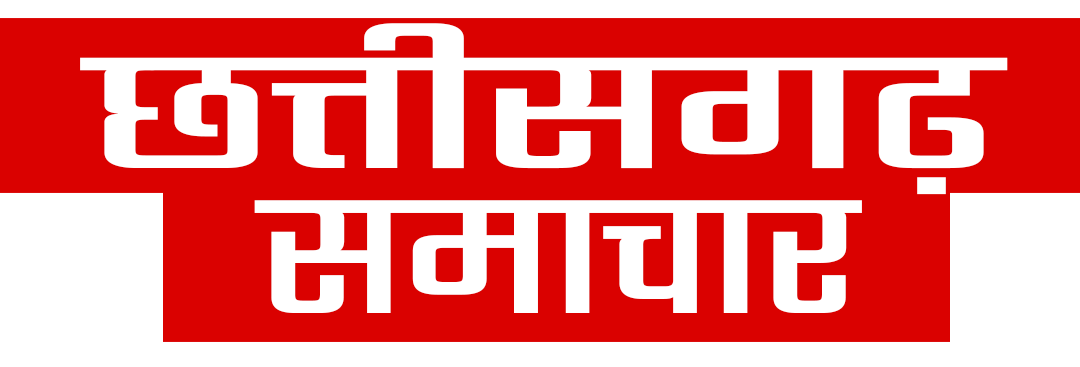1. Governance Performance: The BJP’s track record in terms of governance, development, and welfare programs in Chhattisgarh has come under scrutiny. Critics argue that the party has not fully delivered on its promises, and voters are likely to assess the impact of government initiatives on their daily lives. Issues such as infrastructure development, public service delivery, and the effectiveness of welfare programs will be pivotal in determining the party’s electoral prospects.
2. Economic Policies: The BJP’s economic policies, including demonetization and the introduction of the Goods and Services Tax (GST), have generated mixed reactions. While some praise these measures for promoting a formal economy and curbing black money, others criticize their negative impact on certain sectors and the overall economy. How these policies have affected businesses, jobs, and the cost of living will be a critical consideration for voters.
3. Social Issues: Chhattisgarh, like many other states, is culturally diverse, and the party’s stance on issues related to diversity, freedom of speech, and minority rights may deter some voters. The BJP’s position on cultural and religious issues, as well as its approach to social harmony, will be closely examined by voters who prioritize these values.
4. Agrarian Distress: Agriculture remains a backbone of Chhattisgarh’s economy, and the BJP’s handling of agricultural issues and farmers’ welfare is a point of contention. Farmers’ concerns about crop prices, access to credit, and land rights may significantly influence their voting decisions. Agrarian distress and the government’s response to it could impact the election outcome.
5. Environment and Forest Policies: Chhattisgarh boasts rich biodiversity and extensive forest cover. Some critics have expressed concerns about the BJP’s policies on environmental conservation and resource extraction. Voters who value environmental protection and sustainable development will closely scrutinize the party’s approach to these issues.
6. Law and Order: Perceptions of law and order, crime rates, and security issues within the state will undoubtedly play a role in the election. A safe and secure environment is a fundamental expectation of citizens, and the BJP’s ability to maintain law and order will be a key factor for voters concerned about safety and security.
7. Education and Healthcare: Education and healthcare services are vital for the overall well-being of the population. Concerns about the quality and accessibility of these services may influence voters. The BJP’s performance in these areas, including the availability of quality schools and healthcare facilities, will be assessed.
8. Job Creation: In a state where unemployment is a pressing issue, job creation is paramount. Critics argue that the BJP has not done enough to create jobs and address unemployment problems. Young voters, in particular, may consider the party’s efforts in this area when casting their ballots.
9. Corruption Allegations: Allegations of corruption and unethical practices within the party or its government have the potential to sway voters who prioritize clean governance and transparency. The electorate will weigh these allegations against the BJP’s performance in other areas.
10. Lack of Transparency: Concerns about transparency, accountability, and political transparency in governance will shape voters’ decisions. The extent to which the BJP has upheld transparency and accountability in its administration will be a critical factor for those who value these principles.
As Chhattisgarh prepares for the upcoming elections, these factors will be at the forefront of voters’ minds. The election results will ultimately reflect the collective judgment of the electorate on how well the BJP has addressed these concerns and criticisms during its tenure in the state.



